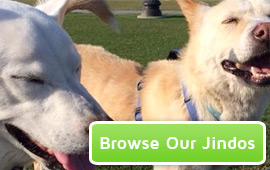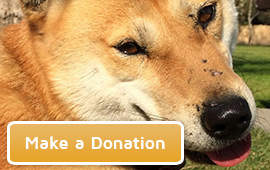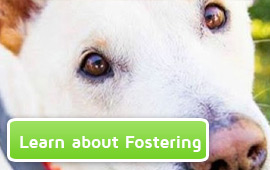Rescue Dog Adjustment Period
IMAGINE – You’re a rescue dog, in a car, with complete strangers, unsure of your destination, and only understand a few commands given you. When the car stops, nothing looks or “smells” familiar. You don’t know where you are, what’s going to happen next, what’s expected of you,
and you’re completely at the mercy of those strangers because you are restrained, plus the strangers are humans, not members of your (canine) world. You feel anxious, stressed, overwhelmed with uncertainties, and you are driven by your instincts to protect yourself in
vulnerable situations.
Every rescue, whether found as a stray, adopted from a shelter, foster care, or directly from their home needs time to adjust to their new surroundings and environment. Even though new owners mean well, and want to share everything with their new companions, “Everything in
Moderation” is key to the rescue’s transition from “what was” to “what is”. Overwhelming rescues with “too much, too soon” sets them up for failure, and can affect their ability to bond with and trust a new owner. It can cause them to become protective and defensive, or timid and
fearful, triggering behavior that could affect their future. If an owner is in doubt of what’s “too much, too soon”, looking at the situation through the eyes of the rescue will help in deciding what’s best for any situation.
DO…
…give a rescue time and space to deal with the changes and uncertainties in its life.
…allow the rescue all the time it needs to scope out its new environment, new pack, and investigate on its own.
…plan down time, allowing the rescue to feel good about relaxing, regrouping and its needs being respected.
…remain a strong, but fair, leader, enforcing rules, establishing pack order, while helping the rescue feel safe and secure
…start building a bond of trust and respect through leadership and understanding
…remain consistent with rules, but always with patience and fairness.
…ask for help with ‘,any and all” concerns. “Ask questions”! A life depends on an informed owner.
DON’T…
…overlook stress and fear a life change can trigger in any rescue. They’ve been failed before, so why should they trust anyone?
…overwhelm the rescue with “too much, too soon”, as in petting and touching, too many activities, too much socialization, and too many expectations.
…force a rescue into a situation it can’t handle, which could permanently damage trust of that situation, and trigger fears and/or unacceptable behavior’
… ignore unacceptable behavior by not addressing it immediately, but be fair in your response, taking everything into consideration, including the situation.
… send mixed signals by allowing rules to be broken in some situations but not in others. . …try to be a buddy when the rescue needs a leader to feel protected, safe, and secure (the buddy relationship will come later after you’ve bonded and earned their trust and respect).
…feel any uncertainty is too dumb or too stupid. “Seek answers”! Become an informed owner
What’s most important to remember is although a lifetime commitment is made, and the rescue will be considered a family (pack) member, live in society and share experiences with its pack, it’s still a canine driven by instincts, and a member of the canine world. It should “never” be forced into any situation in the human world that it hasn’t been prepared to handle.
When a new situation presents itself, an owner “must” be prepared to step in and take over as leader or the bond of trust and respect can be weakened, and in some cases, broken- A strong leader sees possibilities, and is always prepared to control a situation whether it’s protecting a companion from danger, or encouraging a companion to accomplish a goal.
A strong leader, while building a bond, learns to read their companion, and is able to walk the fine line between protecting and encouraging. It doesn’t happen overnight, in a week, or even amonth, but with patience, consistency, and determination, it will happen. Building a loving
relationship with a companion might be called “a work in progress” because there will always be new situations, and new adventures to share as the years go by. The stronger the bond-of-trust and respect owner/companion share, the easier it is to face all situations together. By allowing a new pack member all the time it needs to adjust, the transition from “what was” to “what is” becomes less stressful for everyone, especially the rescue.
An owner holds the key to the rescue’s future, and whether it succeeds, or is failed again.
2003 Laura Paquette ofNESRA. Posted with permission.



